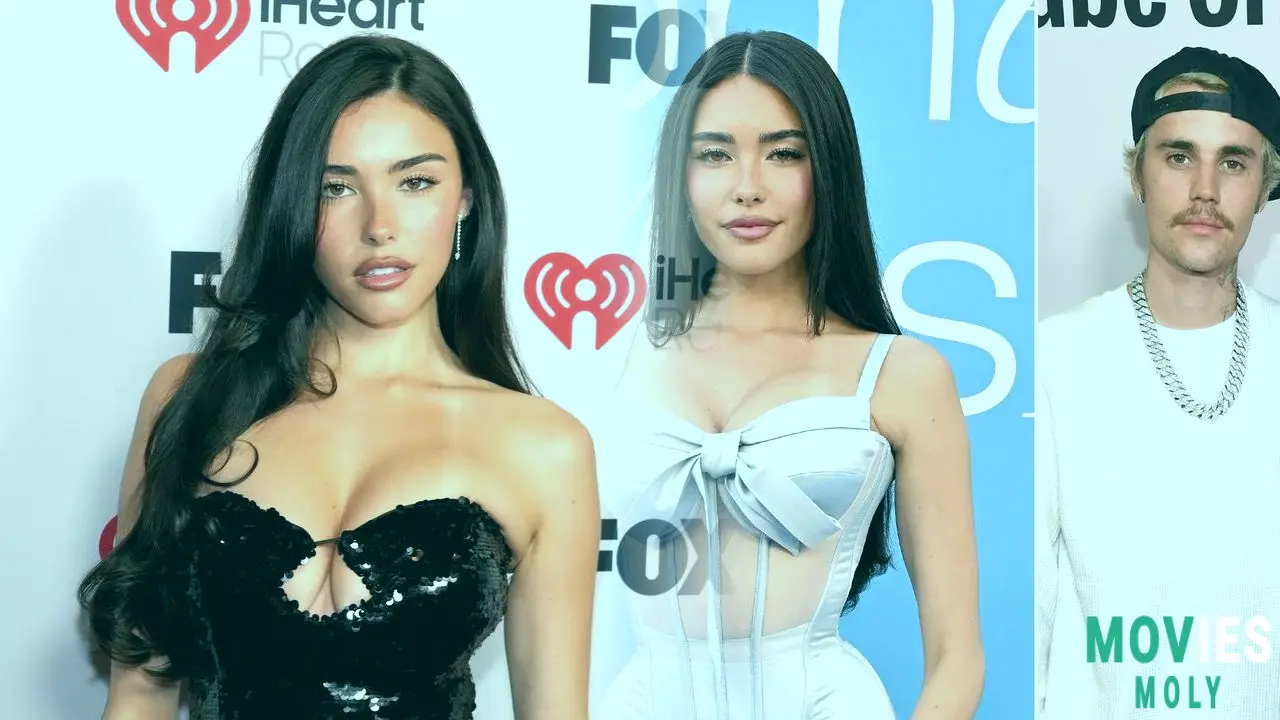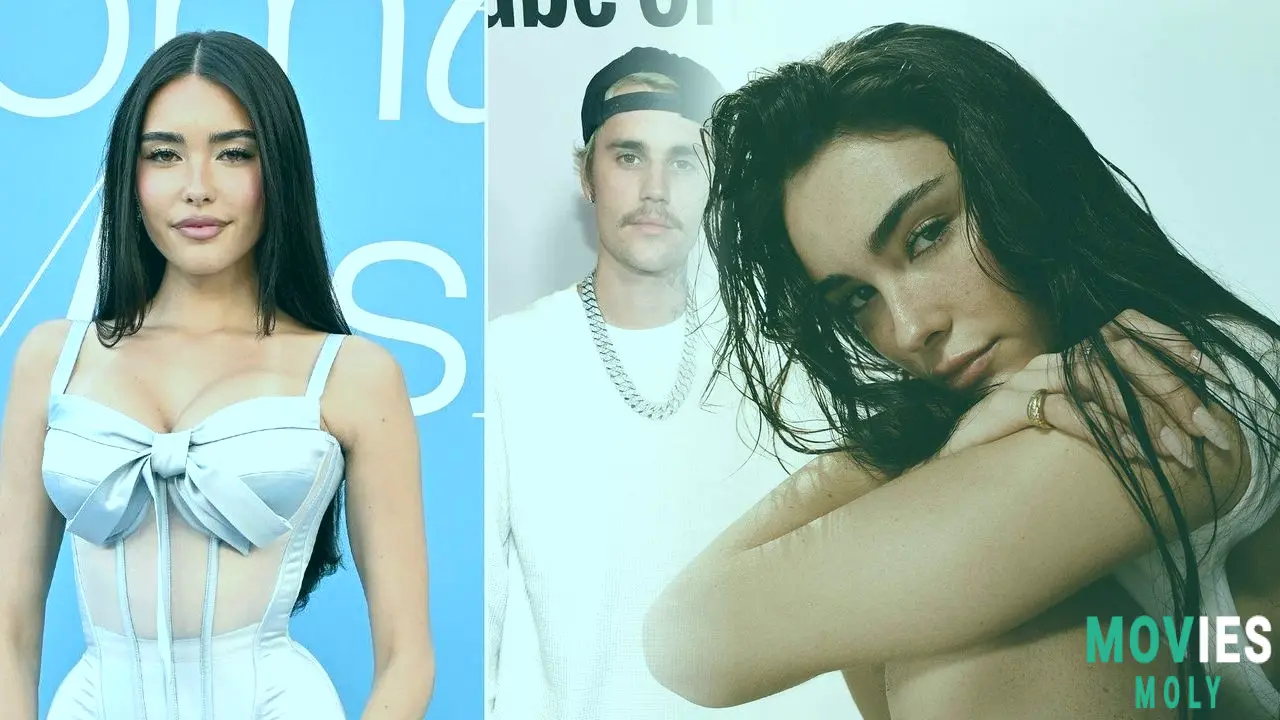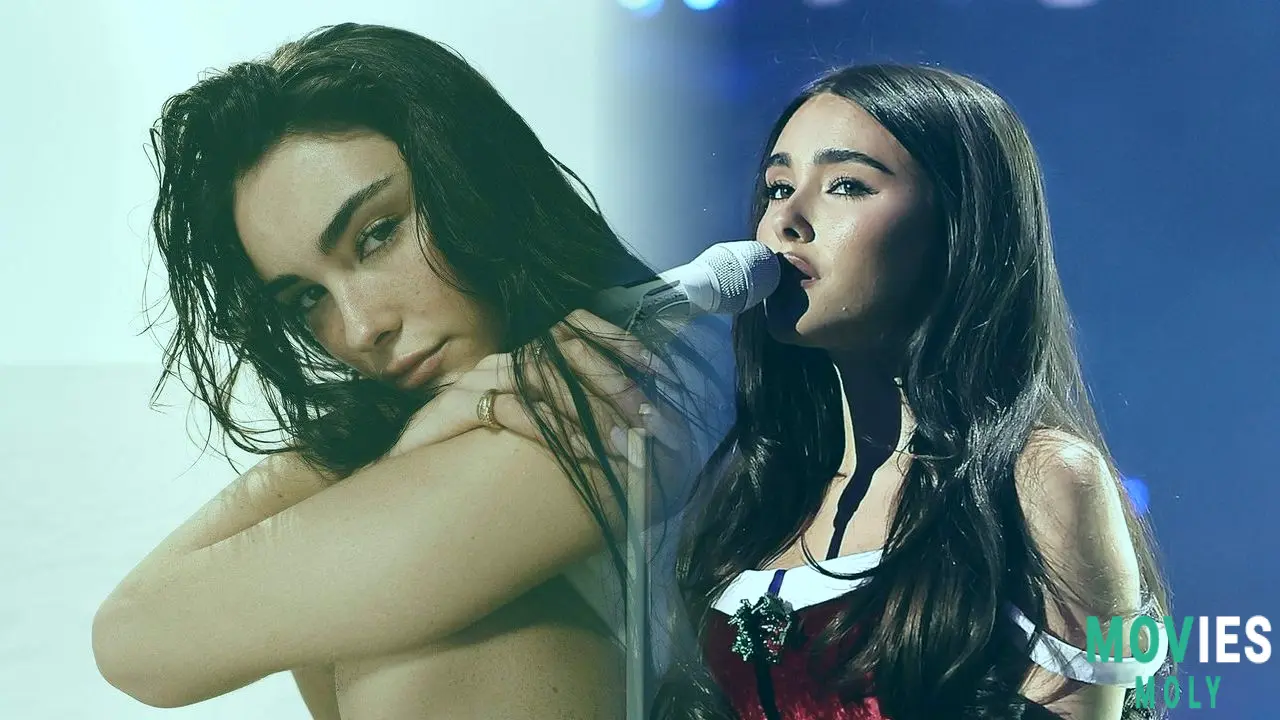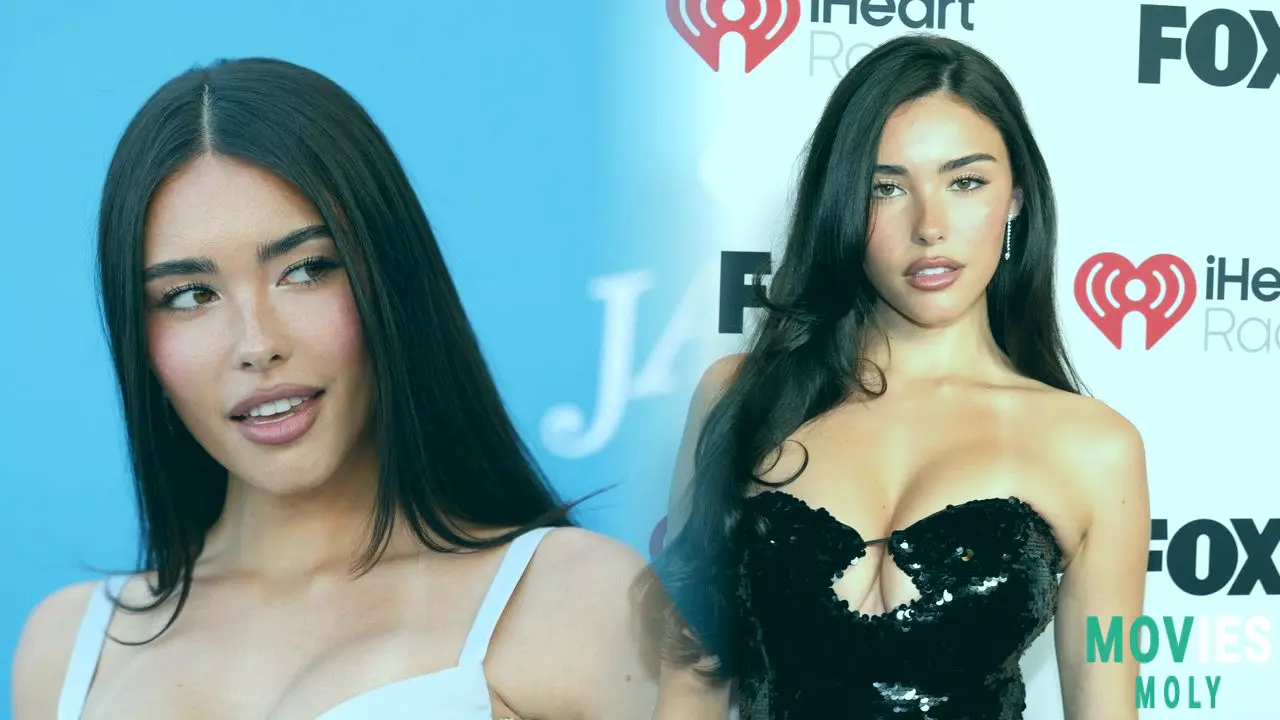Madison Beer doesn’t want you to love her — and that might be her most powerful stance yet. In a world that relentlessly packages young women into marketable images, only to unpack them when they no longer fit the mold, Beer has not only survived but transformed. Now 26, with a decade-plus career under her belt, she’s on the brink of a breakthrough—not the kind forced upon her as a teenager, but one she’s crafted with brutal honesty, patient grit, and a refusal to be anyone’s fantasy.
From Teen Dream To Industry Disposable: The Price Of Being Branded “The Next Justin Bieber”It all started with a YouTube cover. Justin Bieber shared her version of Etta James’s “At Last” when she was 13. Scooter Braun saw the same potential he’d seen in Justin and signed Madison. But the music industry’s early faith in her quickly morphed into a cold calculus. As Rolling Stone details, Madison was sold the dream of being the “female Justin Bieber.” When that explosive, out-of-nowhere success didn’t materialize in her early teens, she was abandoned—dropped by her label, her manager, and her lawyer in a single, devastating day when she was just 16.
“Everything in my life went away within 12 hours,” Madison recalls. And with it, her childhood. She had no backup plan, no education beyond homeschooling, and a family that had uprooted to Los Angeles with zero connections. She had nothing but a voice—and an industry that didn’t know what to do with her once she wasn’t an immediate hit.
The Invisible Weight Of “Pretty Privilege” And Early Trauma That Nearly Broke Her

Madison’s look—pale skin, dark hair, big eyes—has often been her calling card. The internet tagged her as a “real-life Barbie,” and algorithms loved her aesthetic. But as Cosmopolitan’s in-depth profile reveals, there’s a dark undercurrent to this kind of “pretty privilege.” She was 14 when adults around her debated how to market her sexual image. She was barely allowed to grow into her artistry before being molded into someone else’s idea of marketable youth.
Worse still, when she was barely a teenager, private Snapchats she sent to a boy she trusted were leaked. The videos spread. She was sexually objectified by adults online. She was bullied mercilessly. She descended into depression. She even attempted suicide. Madison Beer has spoken openly about this trauma—not just as a survivor, but as someone who’s still grappling with the scars. And yet, she hasn’t let it define her.
Survivor’s Strength: Turning Personal Pain Into Creative Power

What separates Madison Beer from so many others who’ve been chewed up by the fame machine is her willingness to be real. Not just real, but raw. In her upcoming album—her third studio release—she’s not chasing hits. She’s chasing truth. She writes, co-produces, and art-directs with a laser focus, but also with a deep desire to not repeat past mistakes. She doesn’t want to make music that sounds like “what’s popular” or that she “doesn’t believe in,” as she once did.
“I don’t need people to love me,” she says. “And I don’t want people to listen to my music if it’s not real.” That honesty, even when it’s uncomfortable, is what gives her work its emotional resonance. It’s the same authenticity that earned her a Grammy nomination for “Make You Mine” and a devoted fanbase that doesn’t just stream her songs—they live them.
The Pressure Of Perfection And The Fear Of Finally Succeeding Too Much

Madison’s next album is supposed to be her “big break.” The one that cements her place in the pop pantheon. But the irony is that the closer she gets to that breakthrough, the more it freaks her out. She talks about having panic attacks, about the pressure of wanting it to be perfect but not even knowing what perfect means. It’s a paradox familiar to anyone who’s ever chased a dream hard enough to get within arm’s reach of it.
And yet, Beer is committed to not losing herself in the process. She wants to play Madison Square Garden, sure. But she also wants to still like herself when she looks around after the show. “I don’t want to succeed if it means not being who I am,” she admits. It’s a hero’s dilemma in real life: chasing victory without becoming the villain of your own story.
Not A Heroine By Design, But By Choice: Madison Beer’s Real Power Is Her Authenticity
If this were a Marvel or DC origin story, Madison Beer would be the protagonist who starts out as a glamorized side character and evolves into the core of the universe. She’s never wanted to be an Olivia Rodrigo or a Sabrina Carpenter, even though the industry loves to group them together. She’s walked her own path, one filled with detours through trauma, mental health battles, and toxic professional relationships.
And now, she’s standing firmly on her own ground. With a team that actually cares, with boundaries she refuses to cross, and with a fandom that she engages with honestly—even if that means saying things that make her look vulnerable or messy or human. Because that’s the thing about Madison Beer: she’s real. She’s complex. She’s contradictory. And that makes her unstoppable.
Madison Beer Doesn’t Need You To Love Her—But She Just Might End Up Being Loved By Everyone
There’s a scene in every hero’s journey where they stop seeking validation and start creating for themselves. Madison Beer is in that scene right now. She doesn’t need the mainstream to catch up to her. She doesn’t need every critic to understand her. She just needs to keep making music that means something to her—and to the people who see themselves in her.
And maybe that’s enough. Maybe that’s more than enough.






